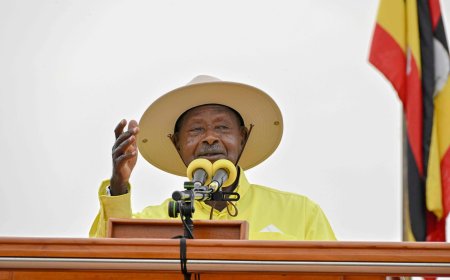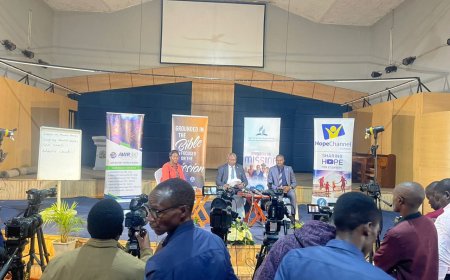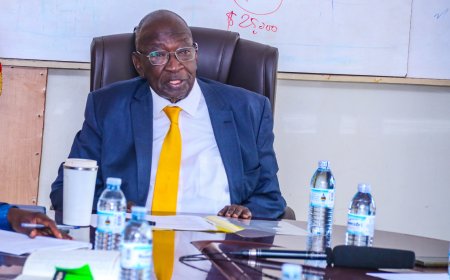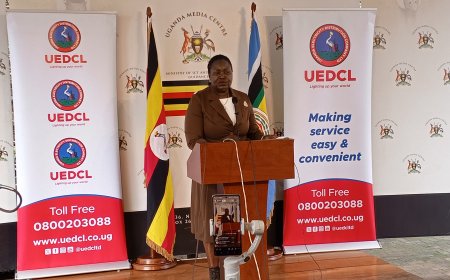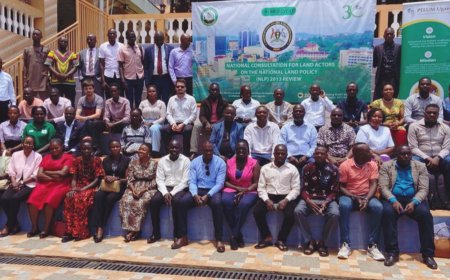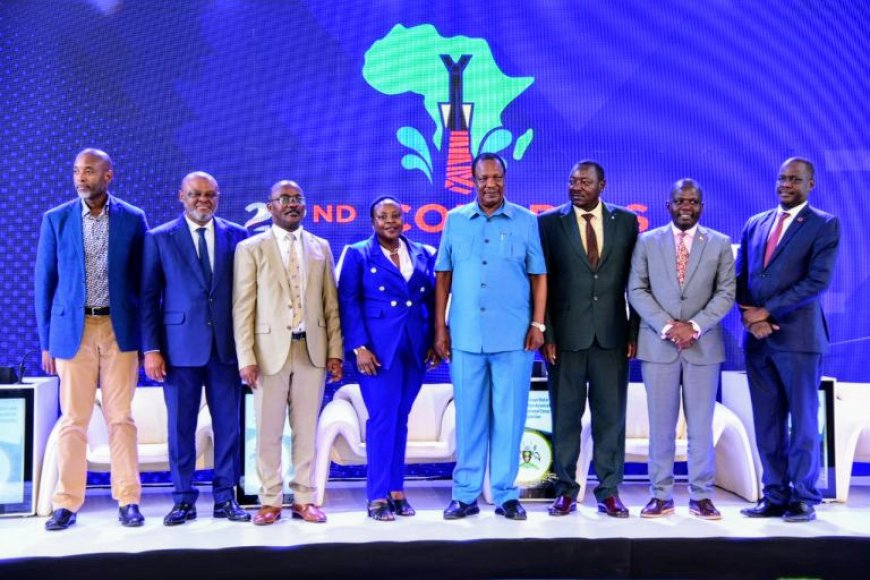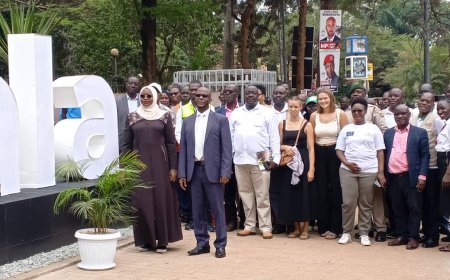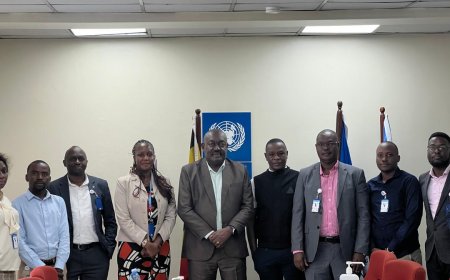The Political Economy of Plastic in East Africa
According to a 2018 United Nations Environment Programme (UNEP) report, East Africa consumed approximately 300,000 tons of plastic annually.
EAST AFRICA - Invented less than a century ago, plastic is today ubiquitous in all walks of life around the world. Plastic is inexpensive, durable and convenient.
According to a 2018 United Nations Environment Programme (UNEP) report, East Africa consumed approximately 300,000 tons of plastic annually. The report projected plastic consumption across the region would triple by 2030. The vast majority of this plastic is imported in the form of construction, pipes, containers and packaging including bags and bottles. Only around two percent enters as virgin plastic and is used to manufacture plastic goods here.
All of the imported plastic, however utilized, is eventually discarded after use and less than 10 percent of this waste plastic is collected and recycled. The rest ends up in landfills or in the environment. The discarded plastic bottles are linked to health issues including cancer, respiratory problems and hormonal disorders and are directly responsible for economic losses in tourism, fishing and farming livelihoods.
Plastic waste litters streets, contaminates soils, clogs drains and waterways, and harms marine and other wildlife. The political economy of plastic across East Africa is complex and multifaceted, reflecting the competing interests of governments, corporations and civil society groups.
As issues relating to the environment and climate change gain salience around the world, civil society groups and activists in East Africa are working to raise awareness and push for stronger and more comprehensive regulations and policies to address plastic pollution.
They advocate for more sustainable waste management systems including recycling and the promotion of alternative products and materials that are less harmful to the environment.
Rwanda introduced a ban on plastic bags as early as 2008. Kenya followed in 2017 and Tanzania in 2018. Uganda introduced bans on multiple occasion since 2007, but implementation has been erratic.
Rwandan representatives publicly campaigned for region-wide plastic bag bans from 2011 and in 2016 the East African Legislative Assembly (EALA) passed the East African Community (EAC) Polythene Materials Control Bill to provide a framework that prohibits the manufacture, sale, importation and use of polythene materials.
Although the Bill is still awaiting assent by the EAC Heads of State, governments across East Africa responded with the implementation of stronger regulations and policies to reduce plastic waste.
While East African governments were among the first in the world to ban the use and sale of plastic bags, legislation on waste management in general and plastic recycling in particular remains extremely limited across the region. The bans have had some success in reducing plastic waste, but enforcement of these regulations has not been comprehensive.
Countries such as Kenya and Rwanda that are heavily reliant on tourism are more sensitive to external criticisms association with environmental. The impact of corruption and the influence of corporate interests also varies across the region. A joint regional approach to plastic waste management is essential in view of the porous borders throughout the region.
The plastic industry in East Africa is a significant source of tax revenue and the production and sale of plastic products provide employment and income for some communities.
There are fears that banning or restricting the use of plastics could lead to job losses and economic challenges. Balancing the need to protect the environment and the tourism with the need for sustainable economic development is a key challenge in the politics of plastic in East Africa.
Multinational corporations play an important role in the politics of plastic in East Africa. Several produce and sell large quantities of single-use plastics. They argue plastic products are essential for economic development and job creation.
The beverage industry ranks among the largest producers of plastic bottles and has been severely criticized for contributing to plastic pollution.
However, one example of an effective private sector response is the recent launch of the Producer Responsibility Organisation (PRO) comprising Coca-Cola Beverages Uganda (CCBU), Mukwano Industries, Harris International, Uganda Breweries Limited and PepsiCo/Crown Beverages (CBL) that have joined forces to establish a non-profit initiative to strengthen the management of plastic waste.
Coca-Cola has established collection centres for used bottles in Kenya, Tanzania, Uganda and Rwanda. These initiatives have proved very effective in recovering up to 80 percent of the used plastic bottles.
The bottles are sorted, cleaned and ground into plastic flakes. The challenge however is identifying markets for these flakes. Currently, there is a glut and companies are struggling to identify new markets for the plastic flakes.
The equipment and technology required to add value to scrap plastic and utilize the plastic flakes is expensive. A subsidiary of the Kenyan based Megh Group, T3 (EPZ) is currently awaiting the delivery and installation of a PET bottle-to-bottle recycling line for its new plant in Athi River. This will be the first of its kind in the region.
The company wants to strengthen its contribution to the development of a circular economy that will have a positive impact on both the environment and the country. T3 says the recycled PET resin to be produced by the new equipment will produce high quality plastics that meet global standards.
The politics of plastic in East Africa are complex and multifaceted, reflecting the competing interests of governments, corporations and civil society groups. It is critical to balance economic development objectives with the protection of the environment and natural resources. While there are no easy solutions, there are steps that can be taken if all stakeholders sit down together and agree on a way forward.
Report compiled by Christopher Burke, environmentalist and Managing Director, WMC Africa.




